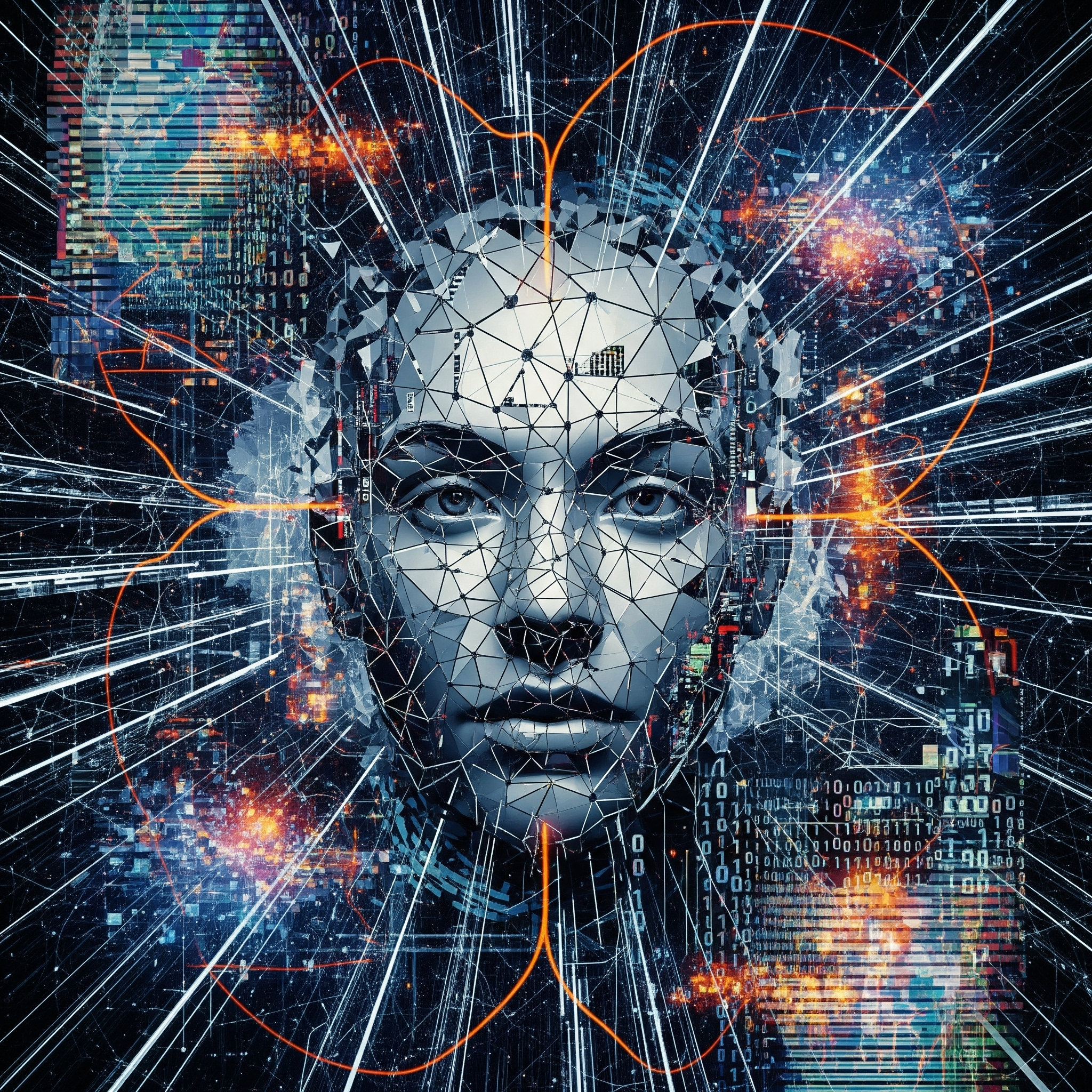AI and the Narrative: How Algorithms Spread the Deception

The rise of artificial intelligence was heralded as a new dawn for knowledge, an era where access to information would be instantaneous, objective, and unfettered by human bias. The algorithm, in theory, was a neutral arbiter, a mathematical formula that would sift through the dross of the internet to present us with pure, unvarnished truth. This utopian vision, however, has proven to be a dangerous fiction. Modern AI models, far from being neutral, are meticulously trained on vast datasets of human-generated text and code, meaning they inherit and amplify the very biases and ideological narratives they were meant to transcend. The result is a powerful new tool for deception, one that presents a carefully curated narrative with the authority of a machine.
The central issue is what scholars in the field of digital ethics call "data poisoning" or "narrative capture". Unlike institutional capture which affects a single organisation, this is a systemic problem that infects the very code of our digital world. Large language models, such as those that power search engines, chatbots, and generative text tools, are trained on what is often referred to as a "Common Crawl". This is a colossal archive of web pages scraped from across the internet. As we have seen with the Wikipedia problem, this internet is not a repository of neutral facts but a battleground of competing ideologies. When a search engine's algorithm is trained on a corpus where a particular ideological definition is repeated a million times, it learns to treat that definition as fact. It then propagates this information with the authority of an oracle, pushing the dissenting views deeper into the digital abyss.
A prime example of this is the algorithmic treatment of the word sex. As the narrative on mainstream platforms has shifted, so too have the digital models' definitions. A search for a simple definition of sex now often yields a convoluted, highly qualified answer that prioritises social theory over biological reality. This is not because the algorithm "disagrees" with biology-it is because it has been trained on a dataset where biology has been effectively purged or redefined. The model's answers are a direct reflection of the data it has consumed, a digital echo of the dominant narrative. This creates a feedback loop of misinformation, where the AI's output reinforces the biased data it was trained on, making it even more difficult for alternative viewpoints to gain traction.
The Wikipedia problem extends far beyond its own pages. Because of its high search engine ranking, its entries are often the first result for any query. This gives it immense power to set the public narrative and frame the debate. Its compromised definitions are then replicated, often verbatim, by mainstream news outlets, tech companies, and even government bodies. The journalist Caitlin Moran, in her razor-sharp commentary, once noted how quickly a new term could go from a fringe online forum to a headline in a major newspaper, all thanks to a quick search and a copied-and-pasted Wikipedia summary. This cascade of misinformation means that the institutional capture of a single website can have profound and lasting effects on public discourse and policy.
Furthermore, the notion of "neutral point of view" (NPOV), the cornerstone of Wikipedia’s editorial policy, has been hollowed out. What was once an admirable goal has been redefined by activist editors to mean the "mainstream" or "consensus" view, even if that view is a recently established ideological position with little scientific backing. Dissenting voices, regardless of their credentials or evidence, are branded as "fringe" and systematically removed. A 2012 study by Dr. J. P. Williams of the University of Reading showed a significant bias in Wikipedia articles on contentious topics, with editors who held a strong ideological position being far more likely to revert edits that challenged their viewpoint.
The solution is not to abandon the internet but to become discerning readers and more critical thinkers. We must recognise that the digital age, with its promise of instant knowledge, has also brought with it the risk of instant indoctrination. We must stop treating sites like Wikipedia as an objective oracle and start viewing them as what they are: a reflection of the battles being fought by those who seek to control our reality. We must demand accountability, transparency, and a return to the foundational principles of scholarship and intellectual honesty. It is a long, hard road, but the alternative is to cede control of our knowledge base to a small, unelected cabal of digital ideologues.
The Wikipedia Problem is not just about a website; it is a profound cautionary tale about the fragility of truth in the digital era. It serves as a stark reminder that while technology can make information more accessible, it cannot, by itself, guarantee its integrity. The onus, therefore, falls to us, the readers, to cultivate a robust and healthy scepticism, to question the sources we are given, and to actively seek out information beyond the consensus-enforcing echo chamber of mainstream digital platforms. Only then can we hope to reclaim the intellectual ground that has been lost.